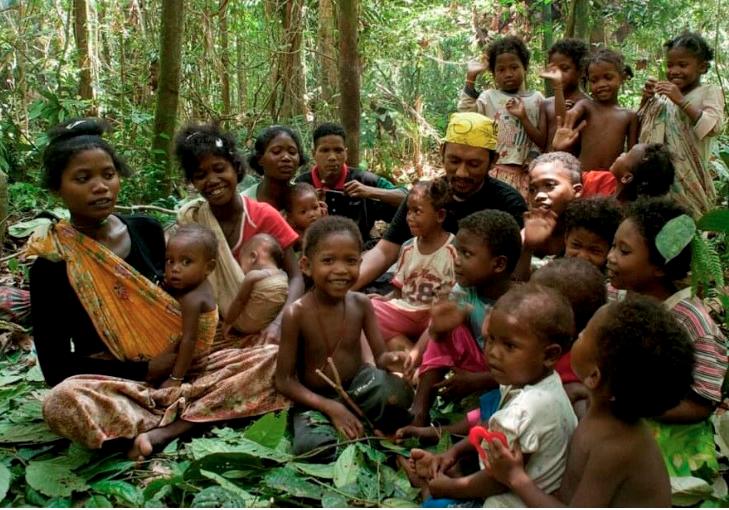PETALING JAYA: Malaysia has seen tremendous growth in many aspects, including in education, the economy and social development. But have the Orang Asli community benefitted from these breakthroughs?
Social and environmental activist Bavanie Suppiah said the government should be more aggressive in upgrading the lifestyle of Orang Asli communities, many of which are struggling without even basic necessities for their daily lives.
From the expenditure perspective, Bavanie said it would not cost the government much to provide their essential needs such as piped water, electricity and internet connectivity, since the communities are relatively small.
“It is sad to see that they don’t even have basic water supply. In Hulu Langat, three villages depend on mountain water, which they get from haphazardly fixed pipes while the Orang Asli in Genting Peras depend on diesel-powered generators for their communication tower.”
Bavanie said the public should change their attitude of underestimating the abilities of the Orang Asli and treat them with respect, especially in schools, rather than label them as a backward community as that may cause them to lose interest in education, sports and other school-related activities.
“Many Orang Asli students whom I spoke to said they were treated unfairly in school.
“Many teachers and students made fun of them by calling them ‘jakun’ (abroginal) and telling them to ‘go back to the jungle’. This makes them lose interest in school and education.
“These students should be given equal opportunities in sports and skills training, which (some) are probably (very good) at. People should stop thinking of them as a backward community and treat them with equality,” she said.
Kampung Orang Asli Donglai Baru community chairman Syahimi Unchut said the residents there were reserved and introverted as most of them are afraid to mingle with the general population due to an inferiority complex.
Syahimi said parents should also highlight the importance of education to their children rather than allow their inferiority complex to grow.
However, he highlighted that most Orang Asli parents tend to disregard the importance of their children’s education due to their inability to cover academic expenses, that include internet access and gadgets for e-learning.
“The community is unable to accept modernisation and social development because they are comfortable with a way of life that blends with nature.
“But education is an important step in development, and parents should encourage children to go to school. The challenging factor is their economic stability, because some families may not be able to cover the expenses for the children to go to school.”
Syahimi added that the government should organise effective programmes specifically for the community to make them more confident.
“The government should increase programmes to accommodate the Orang Asli community and also appoint qualified candidates among them to serve as pioneers.
“The authorities could also organise a village adoption programme for companies to sponsor exemplary Orang Asli children to further their studies” he said.
“This would inspire others to do better in their studies.”









